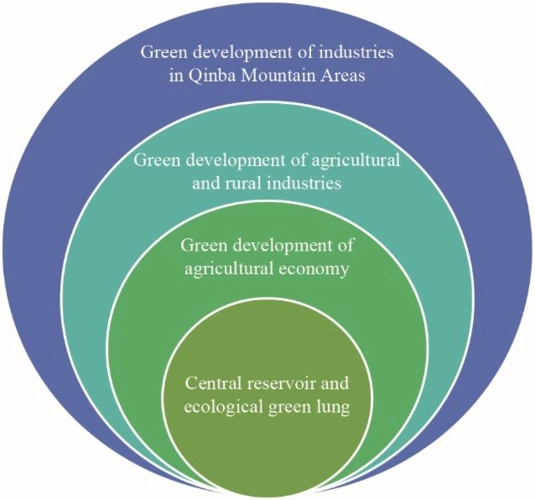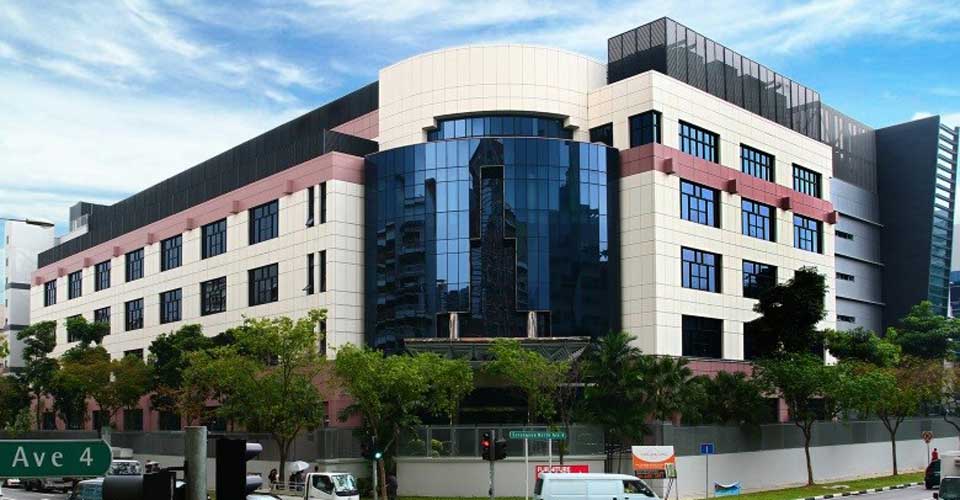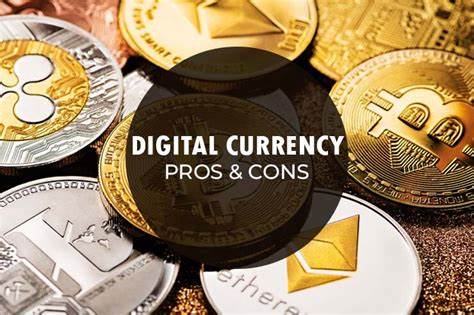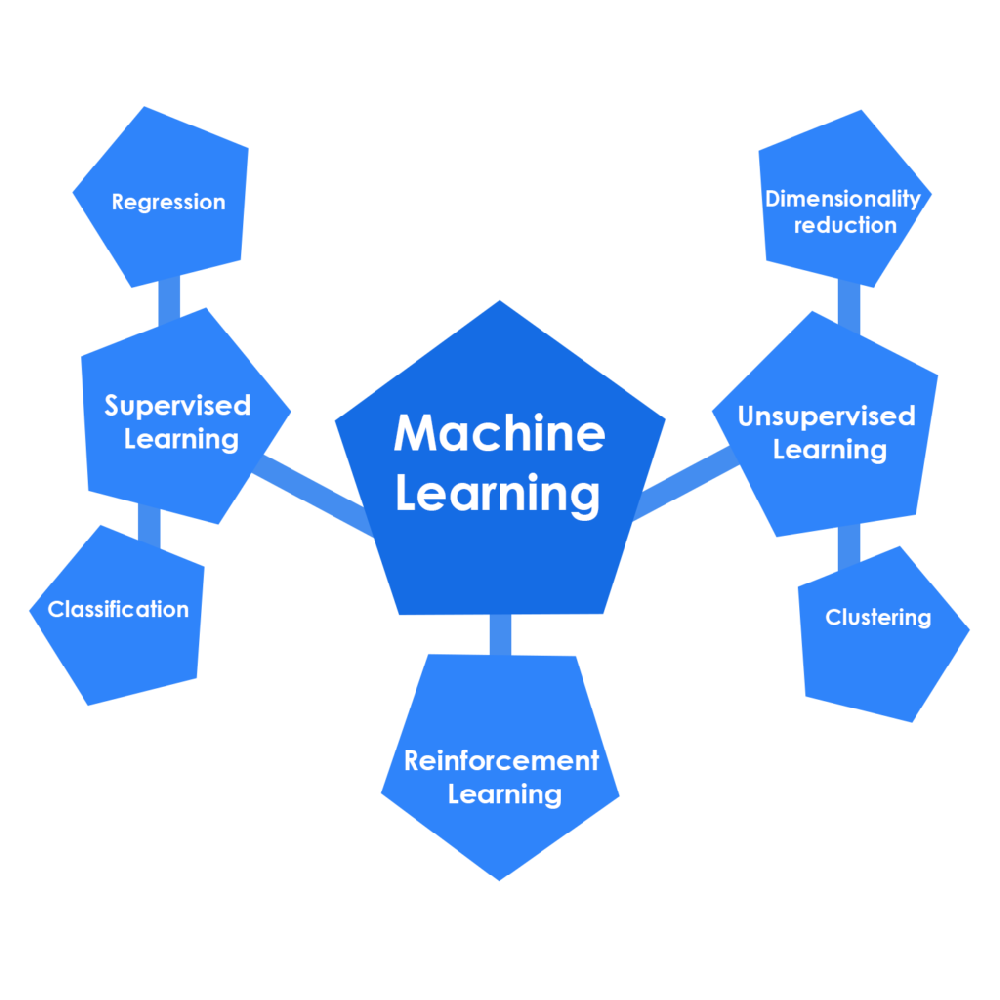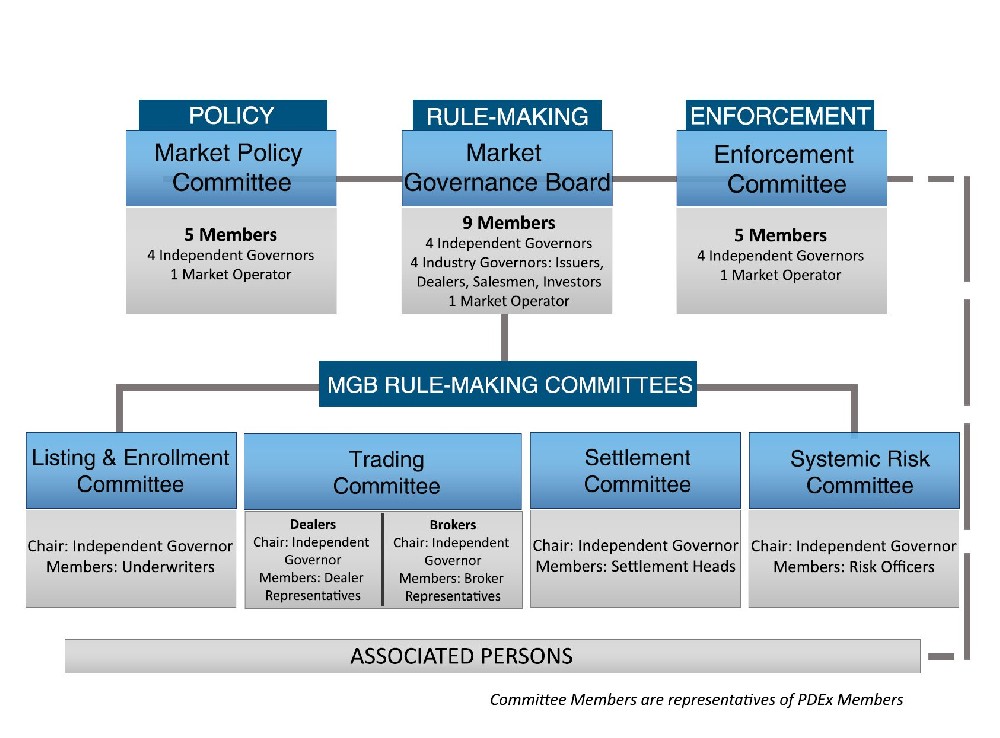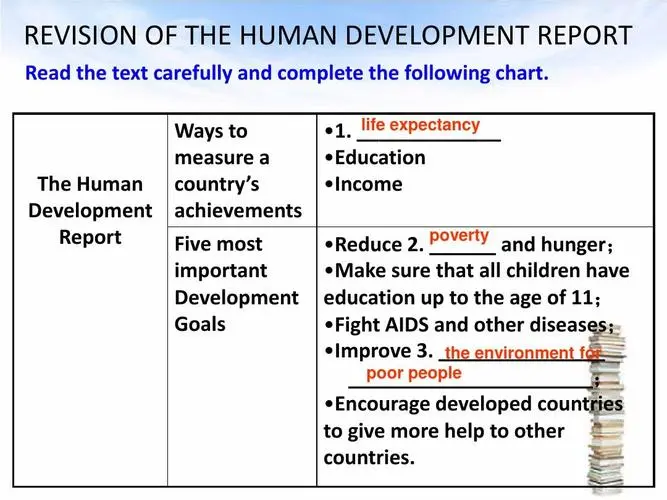The European economic development process is a complex and dynamic phenomenon that involves the interaction of various political, social, cultural, and historical factors. The process can be traced back to the emergence of Europe as a distinct region in the world, marked by the rise of trade, manufacturing, and services, as well as the colonization and decolonization of other continents. The process also involves the integration of European countries into a common market and a political union, as well as the challenges and opportunities posed by globalization and regionalization.
One of the key aspects of the European economic development process is the creation and evolution of the European Union (EU), which is a supranational organization that consists of 27 member states as of 2021. The EU originated from the European Coal and Steel Community (ECSC) and the European Economic Community (EEC), which were established in the 1950s to foster economic cooperation and integration among six European countries: Belgium, France, Germany, Italy, Luxembourg, and the Netherlands. The EEC created a common market that featured the elimination of most barriers to the movement of goods, services, capital, and labour, the prohibition of most public policies or private agreements that inhibit market competition, a common agricultural policy (CAP), and a common external trade policy.
The EU has expanded its membership and scope over the years, through various treaties and reforms, such as the Treaty of Rome (1957), the Single European Act (1986), the Maastricht Treaty (1992), the Amsterdam Treaty (1997), the Nice Treaty (2001), and the Lisbon Treaty (2007). The EU has also developed its own institutions and policies, such as the European Commission, the European Parliament, the European Council, the European Court of Justice, the European Central Bank, the euro, the Schengen Area, the Common Foreign and Security Policy, and the European Social Fund. The EU aims to promote peace, democracy, human rights, and the rule of law, as well as to enhance economic and social cohesion, competitiveness, and innovation among its member states and regions.
The European economic development process is also influenced by the historical and contemporary relations of Europe with other regions and countries in the world, especially those that were colonized or influenced by European powers. Europe was the first of the major world regions to develop a modern economy based on commercial agriculture, industrial development, and the provision of specialized services. Its successful modernization can be traced to the continent’s rich endowment of economic resources, its history of innovations, the evolution of a skilled and educated labour force, and the interconnectedness of all its parts—both naturally existing and man-made—which facilitated the easy movement of massive quantities of raw materials and finished goods and the communication of ideas.
Europe also played a dominant role in the colonization and exploitation of other continents, such as Africa, Asia, and Latin America, from the 15th to the 20th centuries. Colonization was motivated by economics, as European powers sought to expand their markets and acquire raw materials overseas. However, colonization also had political, social, and cultural implications, as European powers imposed their systems of governance, religion, and values on the colonized peoples, often resulting in oppression, exploitation, and resistance. Decolonization occurred in response to independence movements in colonized territories, especially after the Second World War, when European powers determined that the benefits of maintaining colonies were not worth the costs.
The decolonization process also gave rise to new forms of economic and political relations between Europe and its former colonies, such as neo-colonialism, development aid, trade agreements, and migration flows. Some of these relations have been beneficial for both parties, while others have been contentious or unequal. For example, the EU has established various partnerships and agreements with African, Caribbean, and Pacific (ACP) countries, as well as with other regions and countries, such as the Mediterranean, the Eastern Partnership, and the Association of Southeast Asian Nations (ASEAN), to promote trade, development, and cooperation. However, some of these agreements have been criticized for being unfair, unbalanced, or ineffective, as they may favour the interests of the EU over those of its partners, or fail to address the root causes of poverty, inequality, and conflict.
The European economic development process is also affected by the trends and challenges of globalization and regionalization, which refer to the increasing integration and interdependence of the world economy and society, as well as the formation and strengthening of regional blocs and identities. Globalization and regionalization offer both opportunities and threats for Europe, as they may enhance its competitiveness, innovation, and diversity, or undermine its sovereignty, stability, and cohesion. For example, the EU has benefited from the expansion of trade, investment, and communication with other regions and countries, as well as from the mobility and exchange of people, ideas, and cultures within and outside its borders. However, the EU has also faced the challenges of coping with the effects of the global financial crisis, the COVID-19 pandemic, the climate change, the migration crisis, the rise of populism and nationalism, the Brexit, and the geopolitical tensions with other actors, such as the United States, China, and Russia.
The European economic development process is therefore a multifaceted and dynamic phenomenon that requires a holistic and interdisciplinary approach to understand its origins, drivers, outcomes, and implications. The process is not linear or deterministic, but rather contingent and complex, as it involves the interplay of various factors and actors at different levels and scales. The process is also not homogeneous or uniform, but rather diverse and differentiated, as it reflects the heterogeneity and specificity of the European countries, regions, and peoples. The process is also not static or final, but rather evolving and ongoing, as it responds to the changing needs and aspirations of the European society and the global environment.

